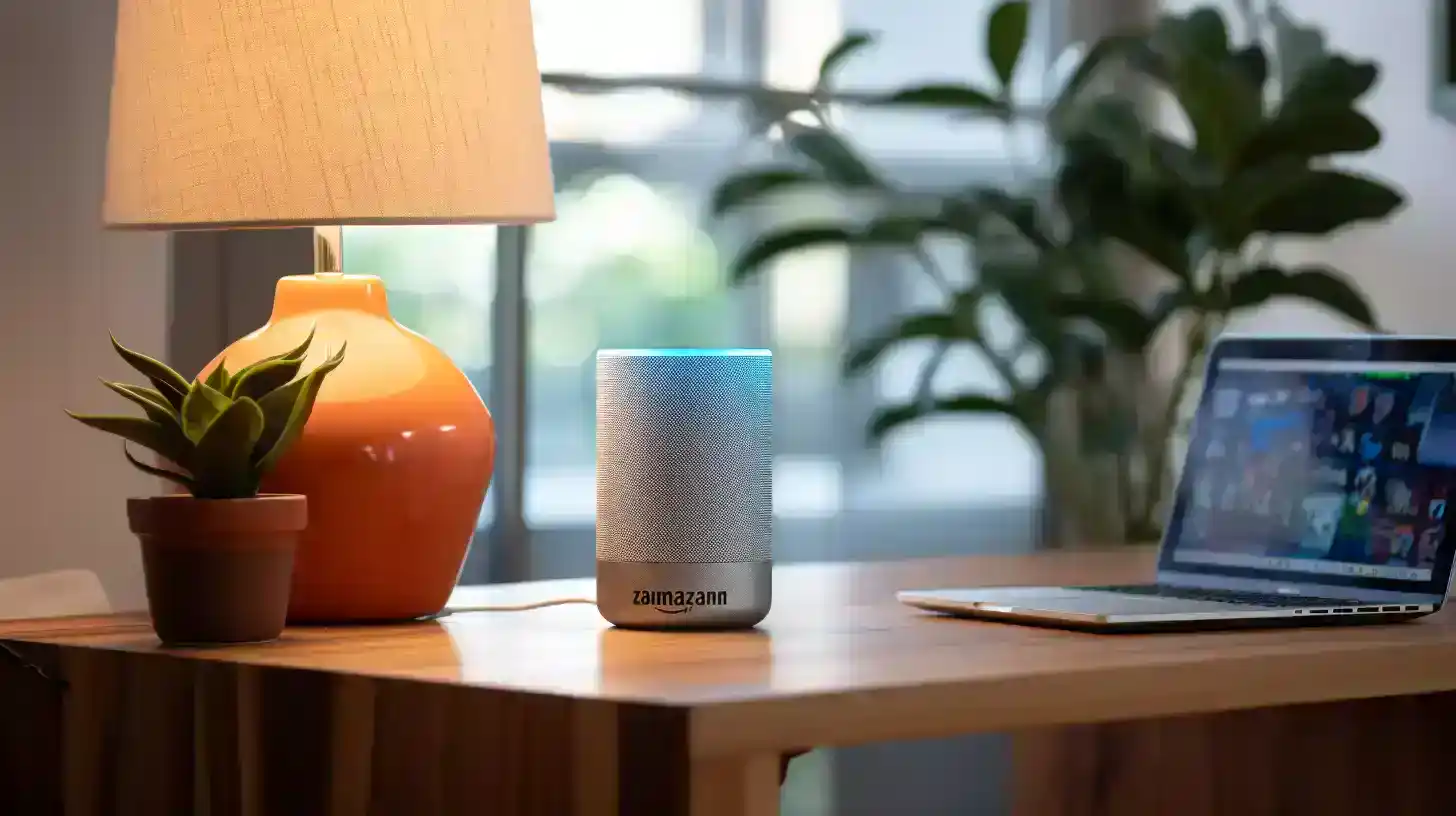Table of Contents
Alexa, the voice assistant that powers millions of smart devices, is getting a makeover. Amazon is planning to launch a paid subscription tier, called Alexa Plus, which will offer users a more advanced and human-like version of Alexa, as reported by the Insider.
Alexa Plus is expected to debut on June 30, but the launch date could be delayed due to internal conflicts within Amazon. The company is facing challenges in delivering the quality and performance that users expect from a premium voice assistant.
What is Alexa Plus?
Alexa Plus is a subscription-based service that will give users access to a newer model of Alexa Plus, dubbed “Remarkable Alexa” by the insiders. This model uses Amazon’s latest speech-to-speech LLM technology, which enables Alexa to sound more natural and expressive and to engage in more conversational and personalized interactions with users.

At last year’s Amazon hardware event, Dave Limp, the former hardware head, demonstrated the capabilities of Remarkable Alexa. The voice assistant was able to ask questions, crack jokes, and even show emotions, such as happiness or sadness, depending on the context of the conversation.
Limp stated that Echo users will have a “free preview” of Alexa’s new features before they decide to subscribe to Alexa Plus. However, in an interview with Bloomberg, Limp confirmed that Amazon plans to charge extra for this premium version of Alexa.
What are the challenges?
According to the Insider, Amazon has tested Remarkable Alexa Plus with about 15,000 customers, and the results were not satisfactory. The testers found that the voice assistant was not as impressive as it was on stage and that it often provided inaccurate or irrelevant information. The quality and accuracy of the responses were not much better than the current version of Alexa, and there were still many errors and glitches.
Amazon is not happy with the performance of Remarkable Alexa and is working on changing its technology stack to improve it. However, this has caused internal rifts within the company, as the Classic Alexa team wants to stick to their old technology, and the Remarkable Alexa team wants to use the new technology. This has created complexity and politics within Amazon and has slowed down the development process.
What are the prospects?

Some insiders are questioning the idea of charging for Alexa, and whether users will be willing to pay for it. They argue that users who already pay for other Amazon services, such as Amazon Music, may not be interested in spending more money to access a slightly better version of Alexa. They also point out that Alexa faces stiff competition from other voice assistants, such as Google Assistant and Siri, which are constantly improving their features and functionality.
“If this fails to get revenue, Alexa is in trouble,” one of the sources told the Insider.
Alexa Plus is a bold move by Amazon to enhance its voice assistant and generate more income. However, it remains to be seen whether it will be able to overcome the technical and organizational challenges and whether it will be able to meet the expectations and demands of the users.
- Amazon’s voice assistant, Alexa, is one of the most popular and widely used AI products in the world. According to a report by Voicebot.ai, Alexa had over 200 million users and 140,000 skills as of January 2020.
- Amazon’s latest speech-to-speech LLM model, which powers Remarkable Alexa, is based on a deep neural network that can generate natural and fluent speech from text. The model was trained on over 100 million sentences from various domains, such as news, books, and social media.
- Remarkable Alexa is not the only voice assistant that uses large language models to improve its capabilities. Google Assistant, for example, uses a model called LaMDA, which can engage in open-ended conversations on any topic. LaMDA was unveiled at Google I/O 2021 and is expected to be integrated with Google Assistant in the future.
- The voice assistant market is expected to grow rapidly in the coming years, as more people adopt smart devices and use voice as a primary mode of interaction. According to a report by Grand View Research, the global voice assistant market size was valued at $4.8 billion in 2020 and is projected to reach $34.8 billion by 2027, with a compound annual growth rate of 33.4%.





